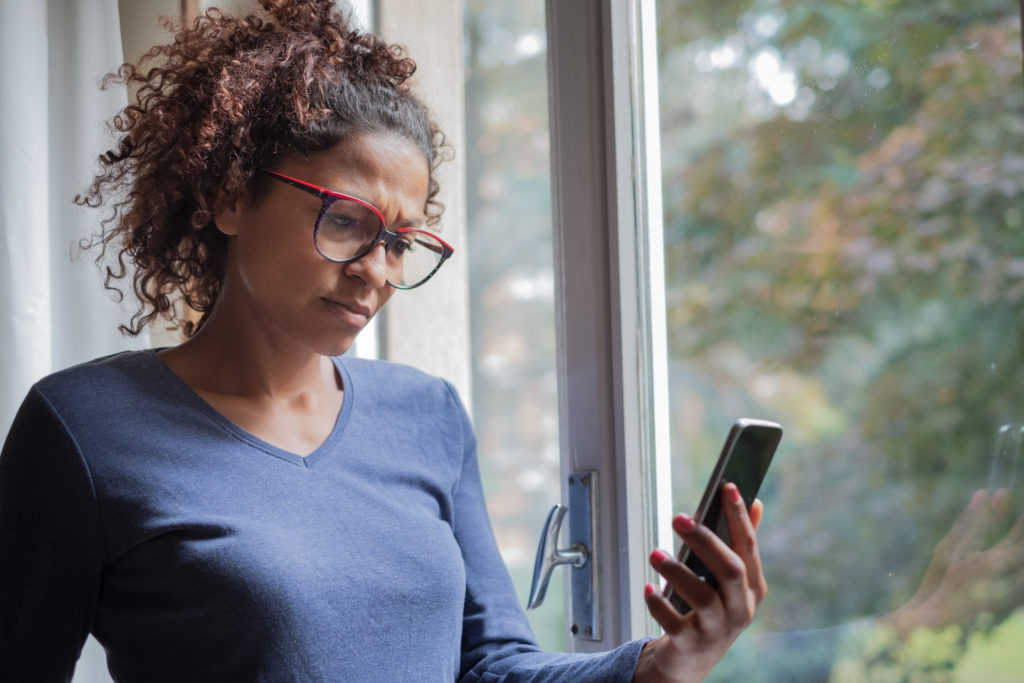Whether we like it or not, social media has become a major part of our daily lives. Even things that would not immediately be connected to social media might be influenced by what we see there and how it makes us feel. One of these things is our relationship with drinking and trying to give up alcohol.
There are many strategies out there to try once you’ve decided to give up alcohol. You might turn to social media for advice and to see what other people have done. Blogs, forums, and other sites all have their own ideas about the reasons why you would want to give up alcohol and the best way to achieve your goal. You might also follow someone on a social media platform who chronicles their own journey with giving up alcohol. Social media can be a helpful tool, but it might have unintended negative effects as well.
Why is it so hard for intelligent people, who are committed to being sober, to stay that way? Although there are many reasons people drink, like to relax or to relieve stress, what about social media? Is it possible that social media is the culprit that makes it so difficult to give up alcohol?

Our Addiction To Social Media
The average person spends four hours a day on social media. Think about that for a moment. Other than work, what else do you do that commands your attention for more than an hour every day without fail? There are very few things and the fact remains that we rely on social media for much more than just looking at funny memes and sharing pictures with our friends.
Social media platforms are the number one source of information on the internet now. Where the information comes from is one thing, but we use our social profiles to absorb that information. We can go onto our profile and get updates on the big game, contact our friends, send an interesting article to a cousin, apply for a job, and sell our couch. Our lives funnel through these apps and we cannot get enough.
Why They Call Them Influencers
You’ve probably heard about influencers. These are people who have hundreds of thousands of followers or more. They post content about their hobbies and interests, they go on crazy adventures and make entertaining or educational content that keeps us engaged. Even more importantly, we trust them. We trust the platform and we trust the person publishing this content.
Influencers have the power to get us to buy a product, try a recipe, and even change our thinking or habits. The fact is that you notice them and whether it’s drastically or subtly, they influence you. Whether intentionally or subconsciously, we often trust the products that these influencers endorse, and we trust the information they give us.
Where this becomes dangerous is when we trust influencers to guide us when making decisions that impact our lives in a big way. The truth is that influencers are not portraying an accurate image of their lives. Maybe you want to give up alcohol and see that one of the influencers you follow successfully did it themselves. It can become frustrating if you seem to struggle more than they did, but you have no way of knowing if they were struggling too. They could also be misrepresenting their progress. With something as important as trying to give up alcohol, it is better to go on your own journey and not try to replicate someone else’s experience.
Connection To Depression
There have been links between using social media and depression. How can that be? How does looking at our friends and family enjoy themselves depress us? Is it what we are seeing when we are there? Sure there are funny and entertaining things on social sites, but there’s plenty of other information. Political controversy, people fighting, arguments about the pandemic, people getting sick or dying, and other things are more than enough to dampen the spirits of anyone. But what about the good stuff?
How can we get depressed seeing our friends and family having fun, out to fancy dinners, on vacation, or something else? It’s easy, because you aren’t there. You are seeing other people enjoy their life, get together, buy cool stuff, and travel to interesting places while you are not. Why are your friends at the beach while you are at work? Why is your coworker who makes less than you on a great vacation while you are working two jobs? Feeling depressed yet? That’s how easy it is for social media to change our mood and influence our emotions. And unfortunately, being depressed or sad can make us want to have a drink or a few drinks.
If you are struggling with your goal to give up alcohol, one thing you may want to try is giving up the apps for a bit as well. You can also visit CheckUp & Choices, an online, self-guided program designed to help people assess and change their relationship with drinking. It can be an extremely useful tool for anyone trying to give up alcohol.